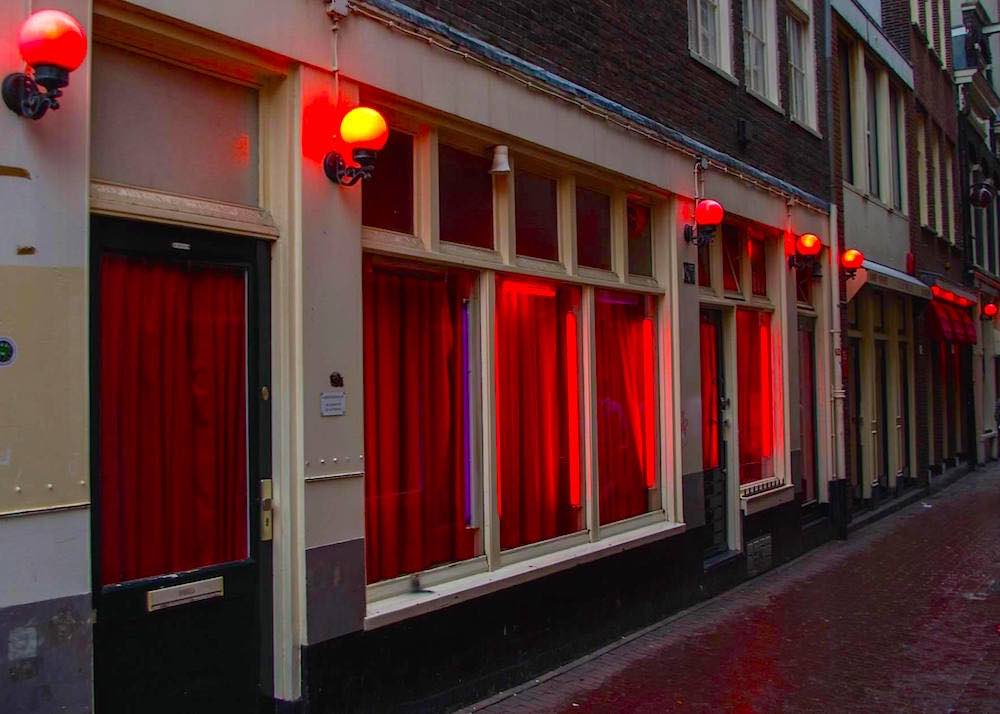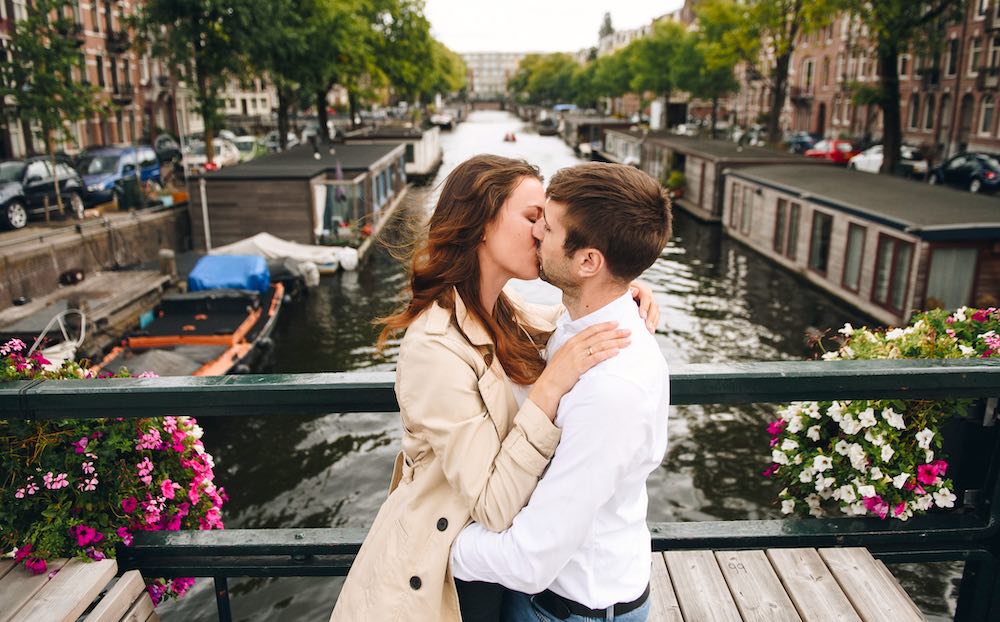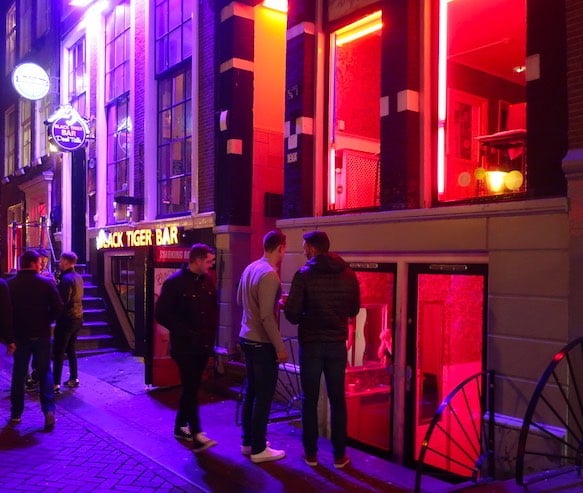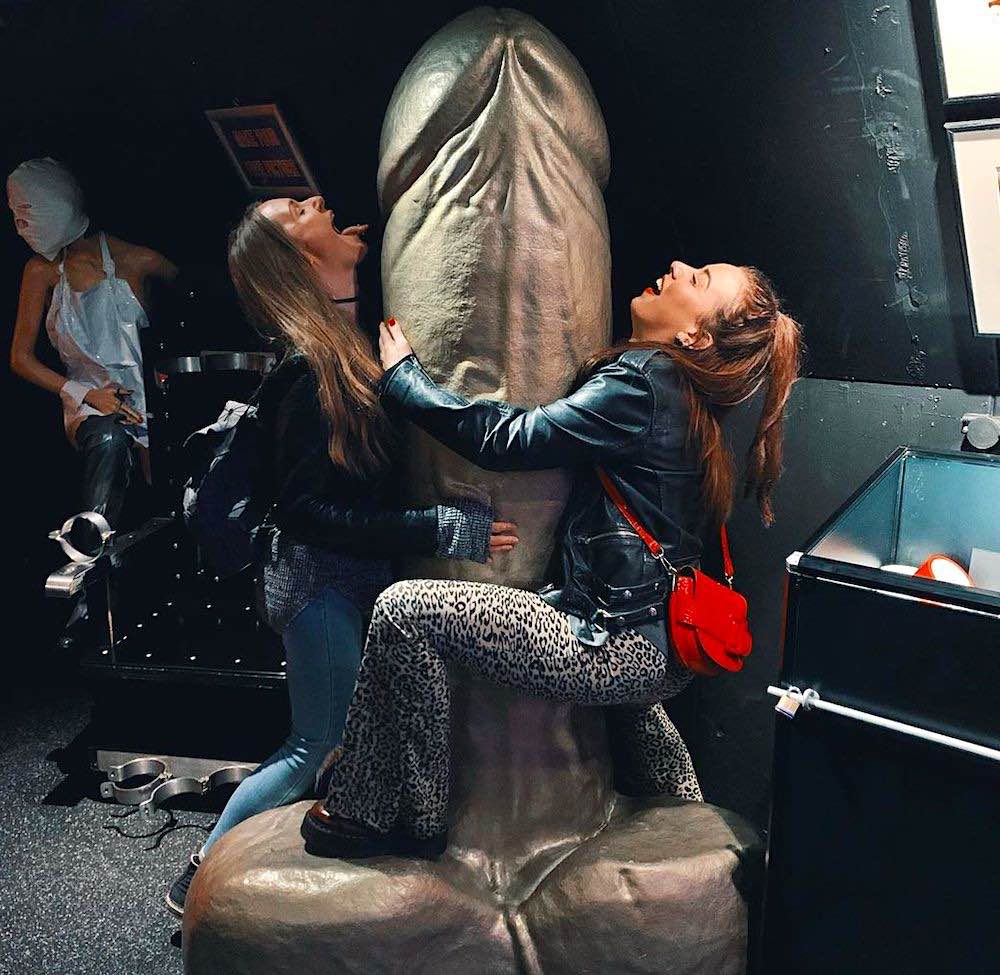The Dutch Government And Prostitution
Posted on: september 7, 2016

10 Dutch Political Positions On Prostitution Explored
(Last updated on the 18th of August 2017)
Prostitution is still a hotly debated topic in the Netherlands though it may not appear that way from abroad. For this reason we’ve decided to sum up the Dutch political positions on prostitution of every major political party.
The Dutch Political System Explained
Before digging deeper into all the different viewpoints we thought it might be a good idea to give you some information about the Dutch political system. Holland is a parliamentary representative democracy. The Dutch Parliament consists of the lower house (congress) and upper house (senate). Both Houses debate proposed legislation and review all the actions of the cabinet. The lower house has the right to propose and alter bills. The lower house is considered the most important and has direct elections every four years. Because the Dutch system has proportional representation, it has a representative body that reflects the overal distribution of public support. This system insures representation for minority groups which explains the large number of different political parties and the variety in Dutch political positions on prostitution!
CDA (Christian Democratic Appeal)
Prostitution is seldom a free choice. To make prostitutes less vulnerable the age for prostitution should be raised to 21 years in the whole country. Prostitution is allowed in Holland and should be practiced at safe locations. Organisations that help women who want to get out of prostitution should get full support.
ChristenUnie (Christian Union)
Prostitution is always a dire situation. Crime, human trafficking and exploitation are the reality. Prostitutes are the real victims. ChristenUnie supported a new law whereby a visit to a prostitute who is clearly a victim of human trafficking is punishable. Fully supports so-called “get-out programs” that help women get out of prostitution. The ChristenUnie also wants:
- A ban on pimps.
- Effective information for young girls about the lover boy threat.
- A single hotline for notifying the authorities about illegal prostitution, human trafficking and child pornography.
- A hotline and application stop option for the chamber of commerce for applicant cases where they suspect women to be victims of coercion or human trafficking.
- Provide information to prostitutes on the abuses, risk of exploitation, psychological consequences of the job and that they will be given shelter and protection if they decide to go to the police.
- Priority should given towards human trafficking, child pornography and illegal prostitution even when police capacity is strained.
- Safe accommodation for victims of lover boys and pimps directly.
- So called “get-out” programs should become structural policy tools
- Maximum sentence for prostitution related human trafficking should be raised to 12 years.
- Human trafficking should be stopped at the source. There should be a prevention program for source countries like Hungary, Rumania and Bulgaria. Expertise should be shared and shared safe care back to their home countries.
- Costumers should be punished when dealing with coerced prostitutes.
D66 (Democrats 66)
Support the nationwide license duty for prostitution companies. Prostitution companies should be required by law to have a business plan stipulating what measures with respect to hygiene, health, safety and the right of self-determination of prostitutes the company must take. This measure should lead to better position for prostitutes. The party is also in favour of an easy accessible complaint hotline.
Ariella Verheul, councilor for the Democrats 66 in Amsterdam, tweeted this in May 2016:

“Don’t do this @groenlinks ! Hold course and don’t support the proposal on criminalizing clients of prostitutes.”
D66 is the only party that opposes the rise in the minimum age for prostitutes from 18 to 21 years in the whole country. Compulsion and human trafficking should be dealt with harshly. A client can only be punished if he or she knows that the prostitute works under coercion.
GroenLinks (Green Left)
The party has observed that illegal prostitution continues to grow compared to the legal one. According to GroenLinks this is because enforcement is primarily focused on the legal side of the market. This forces companies into the non-licensed underground. Current legalisation is not the problem, it is unequal enforcement. Too little has been invested in the legal sector of the prostitution market.
Partij voor de Dieren (Party for the Animals)
Prostitutes should be given more resources: safer and cleaner workspaces and more protection against abuse. Forced prostitution, exploitation and human trafficking should de dealt with harshly. Future prostitution locations should be checked thoroughly and regularly to prevent injustice and unsafe situations.
PvdA (Labour Party)
A costumer who knows that the prostitute works under coercion should be punished. Prostitutes are often the victim of pimps and loverboys. The labour party wants anybody who profits from forced prostitution to be compliant with requests and that abuses are reported more often. All these points are to fight abuse in the prostitution sector, to prevent human trafficking and to improve the position of prostitutes.
PVV (Party For Freedom) *anti Islam
The minimum age for prostitution should be 21. Illegal prostitution should be dealt with forcefully.

Fleur Agema is a Dutch politician and a member of the Party for Freedom (Partij voor de Vrijheid) she has been an MP since 2006. She focuses on matters of caregiving.
SGP (Reformed Political Party)
Sexuality is only fully appreciated within marriage. Its more than mere lust and satisfaction for money, sexuality is not something like a consumer good. Prostitution is the abuse of a woman and a form of slavery.
Kees van der Staaij – party leader of the Reformed Political Party – tweeted this in 2014:

The SGP works against prostitution wherever possible. If possible they would ban the practice today. The SGP has the most extreme view of all the Dutch political positions on prostitution.
SP (Socialist Party)
Supports the newly proposed law that punishes costumers if they visit a prostitute how is coerced into the trade. SP supported full legalisation. They are currently in favour of a better permit system to get a better view on the sector and more control. They point out that with changers in policy (raising minimum age) the government should always take into account that some activities move into the underground. Whoever credibly proves to be a victim of human trafficking or exploitation should get a residence permit. When the police find illegals they should always investigate if they are victims before deporting them. The SP is also in favour of more accommodation and care for the victims of pimps and lover boys leading to more charges of criminals.
VVD (People’s Party For Freedom and Democracy) *conservative-liberal
The VVD has the most libertarian stance of all the Dutch political positions on prostitution. Prostitution is a legal profession that needs little government interference except for licensing, enforcement and the fight against human trafficking. Municipalities are tasked with designating window brothel areas. The window brothels themselves, rent and utilisation should be left up to the market.
Source: Knowledge Center For Emancipation And Female History (Dutch report)










